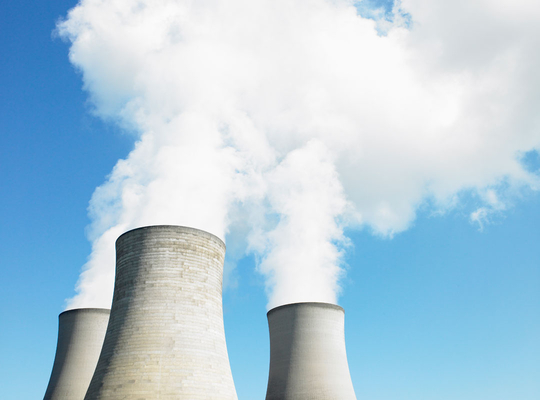You are here
Stricter European air quality standards

The Environmental Committee of the European Parliament has approved stricter goals in the fight against air pollution. MEP Mark Demesmaeker is pleased that the EU is taking clear steps towards better air quality: “Currently, an annual estimated 400,000 European citizens die prematurely due to bad air quality. The new standards are intended to lead to that number being halved.”
“Air pollution has no borders,” Mark Demesmaeker reminds us. “This applies first and foremost to densely populated and industrialised regions such as Flanders, which is located close to Dutch, German and French industrial centres. Approximately 45 percent of our air pollution originates from our neighbouring countries. Therefore, joint European agreements are needed to structurally deal with this deadly problem.”
Bringing down emissions in two phases
Revision of the so-called NEC directive (National Emission Ceilings) focuses on decreasing emissions of five heavily polluting substances: sulphur dioxide, ammonia, nitrogen oxides, volatile organic compounds and fine particles. In an initial phase, existing standards will be made stricter starting from 2020, in order to finally comply with the international agreements from 2012. Then new, ambitious standards will be established by 2030. “The N-VA would have preferred an even higher level of ambition,” Mark Demesmaeker explains, “but I fully support this agreement, the contours of which were drawn by our ECR The N-VA is a member of the European Conservatives and Reformists (ECR), a conservative, eurorealistic parliamentary group in the European Parliament. The N-VA shares their realistic view of the European project and also advocates for the correct and intensive application of the subsidiarity principle. For example, we must not be afraid to ask ourselves if it would be better to leave certain European initiatives to the Member States. The N-VA also identifies with the emphases that the ECR places on the social-economic issues. Since the 2014 elections, the ECR has become the third largest parliamentary group in the European Parliament. ECR group in Parliament.”

